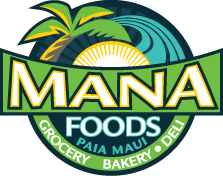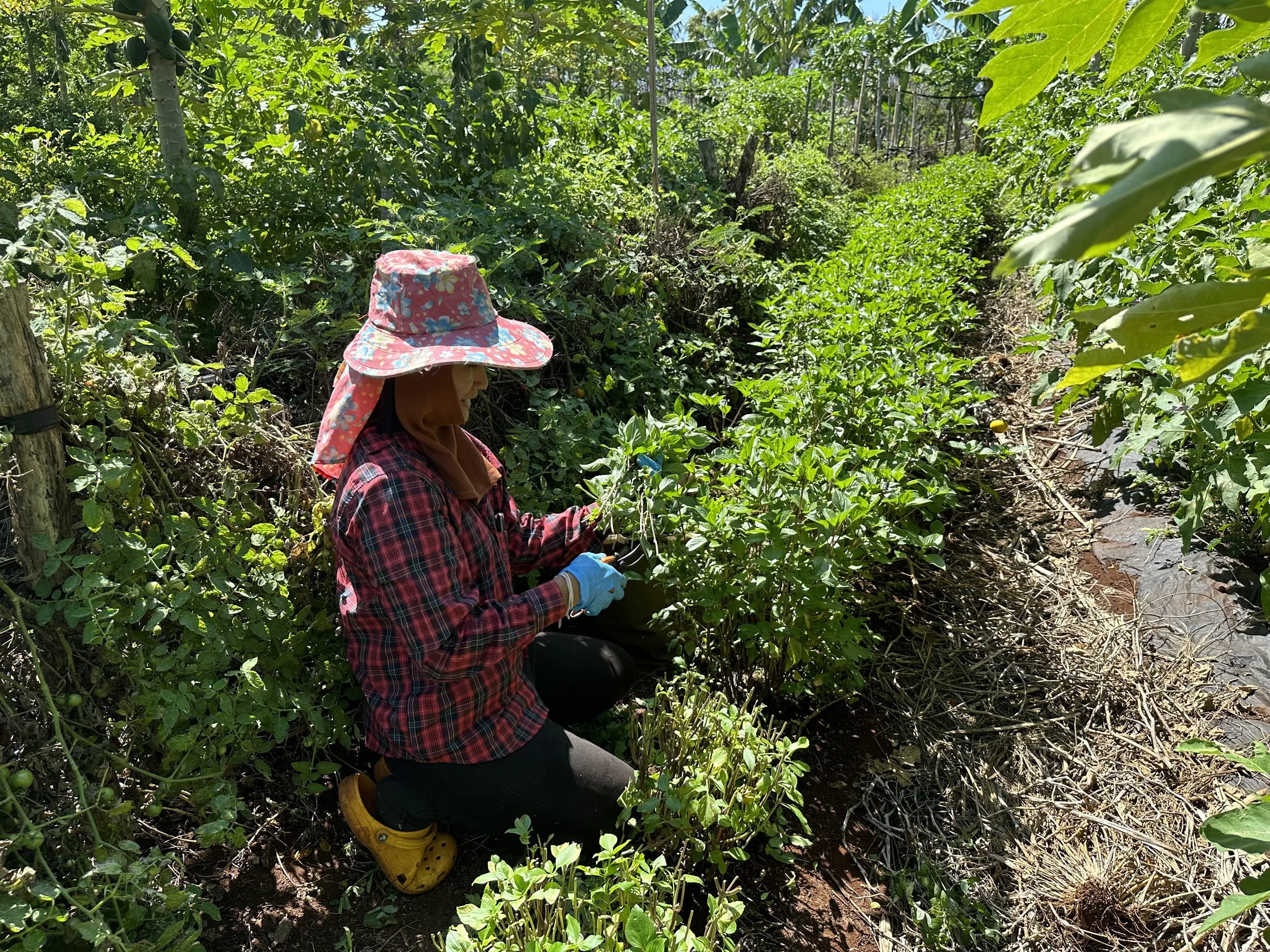In the summer of 1993, a group of motivated teenagers was recruited as a clean-up crew to transform a fire-damaged, historic two-story beach house into what would become the Paia Youth & Cultural Center (PYCC). For those teenagers, the project was equally transformational. Through their hands-on efforts guided by Brian McCafferty, they discovered their own potential. What ultimately emerged is the program now known as Teens On Call (TOC).
Nearly 30 years later, TOC is still going strong today. The program aims to help teens develop beginning to intermediate work skills and an honest work-ethic attitude, which will serve them throughout their lives. As the name suggests, students can complete work “on call,” as they want to and have time available. Since the program’s inception, more than 3,000 youth have been involved, with as many as 120 teens participating each year.
Here, TOC founder and longtime director Brian McCafferty reflects on the program’s accomplishments, challenges, what the future might hold, and even how Mana Foods fits in.
After running TOC for almost 3 decades now, are there any specific accomplishments or memories that really stand out for you?
There are so many accomplishments. Just empowering young people to reach their potential. That was our goal from the beginning, through hands-on work training assignments, to achieve their potential, increase their productive capacity and develop an honest work ethic. I just give thanks every day that I’m in the position I am to empower them.
To what do you credit TOC’s success?
What we’ve achieved in our program I believe has been through collaboration. I’d like to give special consideration to Alexander & Baldwin; if not for them, we wouldn’t have a program.
Note: TOC also receives grant funding from Maui County, which makes up just over 30 percent of its budget. The remainder of the TOC budget is generated through services rendered by the program.
What aspects of TOC do you see as most rewarding/valuable for the youth who participate?
I always tell them, it’s not how old you are, it’s if you can do the job. And we prove it to them. We give them a chance to try, and it lights them up. We make them feel valued. We’re paying them every day in cash. (Each job performed by students in the program pays a minimum $15 per hour cash stipend, and many jobs pay as much as $20 per hour.) And we feed them. Nobody feeds them like we do; it’s the best meal they eat all day.
How has Mana Foods been connected with the TOC program?
We provide breakfast and sandwiches for lunch. We spend a minimum of $500 per week at Mana Foods on lunches for the kids, and we get a $350 per month credit from Mana Foods. Mana Foods is a blessing to this community. They’ve sure kept me alive; that’s my kitchen away from home.
That isn’t the only connection Mana Foods has with the TOC program. In fact, Brian recalled that several current Mana Foods employees were once involved with TOC – including current Deli Manager Ma’ake Via, stockers Shane Via and Donovan Kealoha, and deli clerk Naila Brown, whose sons participated in the program.
Why do you choose to provide meals from Mana Foods?
The reason we want Mana Foods is because the food is nutritious, and they (the kids) become a little bit spoiled on healthy food. I believe that if young people get into the habit of eating healthy, nutritious food, they’ll prefer that food because it gives them more energy.
What does TOC do in the community?
TOC operates from a 6.3-acre property located at 542 Baldwin Ave., part of the original Skill Village. A house on the property – purchased with funds from Maui Lani and relocated from Kahului with a grant from Alexander & Baldwin Co. (A&B Co.) – serves as the base headquarters. It has since been updated by TOC participants with a metal roof, new windows and a 500-square-foot porch, all from recycled materials.
Ongoing project-based activities operated from the property by the program include:
Propane program for Maui County – Propane tanks can be dropped off at the entrance gate for recycling. TOC participants use a special tool to remove the control valve from the top and prepare the tanks for recycling.
Fiberglass shop – Interested students learn about fiberglass repair and have the opportunity to repair and/or recondition surfboards and canoes, including for some of the local canoe clubs
Site clean-up – TOC works with contractors and realtors to perform site clean-up for both commercial and residential properties. The program also aims to repurpose as many items and materials as it can.
Wood working shop – Located on the TOC property, this shop has been utilized by participants to build and repurpose materials throughout the property.
Recycle sorting program – Program participants pick up recyclables from Kahului Airport, sort them according to size and turn in to Aloha Recycle, generating about $70-80 per bag depending on weight.
Gardening – A fenced-in, 4-acre garden features all organic produce, no pesticides, an irrigation ditch and drip line system. Dragon fruit, bananas, lemon grass, bok choy, kale, mint, Hawaiian chili peppers, eggplant, and more are all grown on the property and sold to local vendors, such as restaurants, food trucks and Mana Foods.
How has TOC helped with increased clean-up efforts in Paia during the last several months?
For months we’ve been just cleaning up, because this is our town and I cannot handle seeing it turned into a pile of rubbish. We’ve been doing a lot of homeless site clean-ups, municipal parking lot clean-up, tires along Baldwin Avenue, the Paia bypass. We’ve been very active working with the community (including the Clean & Safe Program).
Are there any specific challenges impacting TOC or its participants post-pandemic?
From my observations of the young people (involved in TOC), young people are sometimes not likely to express their fears and apprehensions easily on their own; but when the conversation begins regarding their future, many of them reveal their uncertainty about their future. We all need, and young people in particular need, hope for their future. I’ve noticed, post-pandemic, the change in their horizon. And I personally do all I can to boost their feelings of hope for their future and where they might fit in.
Are there any projects going on now or coming up in the near future that you are most excited or hopeful about?
We have, still, a dynamic tourism industry and a lot of wealthy people in the community, and they need trades people to help them maintain their estates and businesses. It’s more important than ever, in my opinion, to maintain trades training. We’re (TOC) a gateway to trades training. We want to support the idea that there’s going to be a decent economy here based upon trades providing needed services to businesses, hotels and affluent homeowners on the island, of which there are plenty.
Do you have any words to live by that you try to impart to TOC participants?
This is one of my favorite quotes: “Your attitude determines your altitude in life.”









